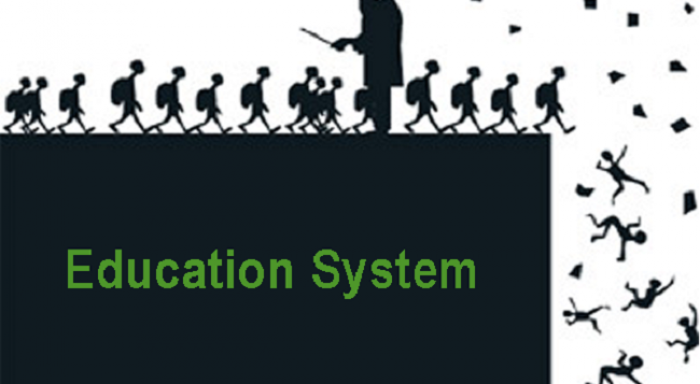Because of the social factors such as demographic problem, migration and low birth rate, low number of students applied Armenian Universities, she said.
"In a society like ours – one that is based on money – the decision whether one should seek higher education is directly related to money: will you have enough money to afford graduating into a higher educational institution; will the time and money spent on a university education be justified in the long run?"
"Besides, a large group of people decide to realize their work-related expectations by obtaining education outside of the traditional university system. And those who consider university education to be the only definite and clear guarantee of future occupation are willing to spend more money and time to master the same profession, say, not in the Yerevan State University, but in the American University of Armenia," she explained.
She sees the reason of low-level education in the 12-year education system which has recently become mandatory in Armenia.
"In the past, you could finish 8 classes and decide that you were leaving school – it was considered an accepted level of complete general education. Now the law provides that you have to complete 12 grades to obtain a school certificate. Consequently, the group of students who for some reason are not interested in getting more than 8 years’ education are now forced to stay in school, and naturally they show significantly lower levels of school performance, which, in turn, affects the entire educational process and the results of final examinations. The poor results in some areas also indicate students’ tendency not to attach great importance to subjects that they believe are not going to be much use to their future profession. These, to them, are a mandatory but meaningless series of subjects."
The Gap Between the Regions and Yerevan Is Growing
The sociologist notes that another concerning issue is the increase in the difference in education levels in Armenia’s regions and its capital Yerevan – in rural and urban communities: "In small villages in particular there is always a shortage of teachers. However, there is no general systemized policy designed to improve the level of education in rural communities. This is a serious problem."
More about: #Armenia #education
















































